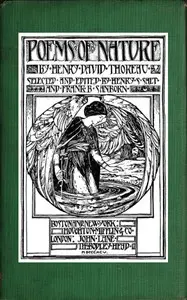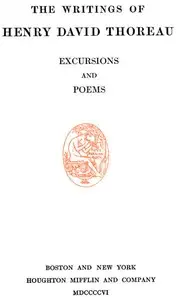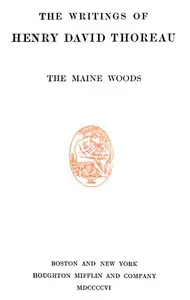"Walking" by Henry David Thoreau is an essay written in the mid-19th century, reflecting the transcendentalist philosophy of the time, which emerged in the early 1800s. This work serves as an exploration of human connection with nature, emphasizing the importance of walking as a method of experiencing and interpreting the natural world. The essay contrasts the life of a simple walker with the congested urban existence that disassociates individuals from the freedom and wildness inherent in nature. In "Walking," Thoreau expresses a profound appreciation for nature and the act of sauntering through it, advocating for the necessity of wild spaces as essential for human well-being and creativity. He laments the way civilization threatens natural landscapes but asserts that true freedom and discovery arise from immersive experiences in nature. Through his articulate prose, Thoreau highlights themes of individualism, reflection, and a return to the wild, suggesting that a meaningful life is found in our relationship with the natural world rather than in societal conventions or material pursuits. The essay encourages readers to embrace solitude and stillness found in nature as a path to personal understanding and a richer existence. (This is an automatically generated summary.)

Walking
By Henry David Thoreau
"Walking" by Henry David Thoreau is an essay written in the mid-19th century, reflecting the transcendentalist philosophy of the time, which emerged i...
Genres
Released
1997-08-01
Formats
epub3 (images)
mobi
epub
mobi (images)
epub (images)
Free Download
Overview
About the Author
Henry David Thoreau was an American naturalist, essayist, poet, and philosopher. A leading transcendentalist, he is best known for his book Walden, a reflection upon simple living in natural surroundings, and his essay "Civil Disobedience", an argument in favor of citizen disobedience against an unjust state.
Total Reviews
10.0k
Total reviews from Goodreads may change


















